Last month we organised a Research Hackathon together with Diana Pack and Prof. Dr. Sascha Schneider in the context of the Community of Education of the Digital Society Initiative. The event was a great success! The participants were very involved in the hackathon throughout the day and the different collaborations resulted in great ideas for research projects. Even those who could not attend expressed interest in learning more about the event and its outcomes. This interest inspired me to write this article, in which I will explain my understanding of what a research hackathon is and summarize of our recent event.
What is a Research Hackathon?
Originally, hackathons originated as events that brought together technology enthusiasts to collaborate intensively on software projects for a short period of time. However, when talking about a research hackathon, while borrowing the same term, the focus is not solely on technology and software enthusiasts. Instead, a research hackathon brings together participants from different backgrounds – from research enthusiasts to students to industry professionals – to work intensively for a day to define a research proposal that addresses specific research problems or questions. To foster collaboration and interdisciplinary perspectives, participants are grouped into heterogeneous teams based on different profiles and interests.
A research hackathon follows the double diamond model based on the design thinking method (see Figure 1). In this model, the thinking process moves from divergent to convergent phases, in which ideas are generated and conclusions are reached, respectively. Therefore, based on the two divergent and convergent phases, participants are guided through the following four phases:
- Discover (diverging phase): In the discovery phase, a research topic is presented and inspirational keynote presentations take place. The participants then individually brainstorm research challenges and questions for a limited time. Here the focus is on quantity rather than quality, participants have to write down as many ideas as they can. These ideas are then shared in the group and grouped by themes and commonalities.
- Define (converging phase): In the define phase, the group members have to come to a conclusion and define a single research question for their research project. For this, the participants vote individually on the group’s ideas based on assessed desirability, feasibility and novelty. The three most voted ideas are discussed following the six thinking hats method. This method allows the participants to adopt different points of view: to rely on facts, to reflect on emotions, to think about benefits and difficulties, to adopt creativity and to think about the process. At the end of this phase, participants come up with a single research project idea.
- Develop (diverging phase): During the development phase, teams work on defining a research proposal based on their ideas. They use a research project canvas (thanks Peer Recognized!) that helps participants structure the development of aspects such as the objectives of their research proposal, methodology and expected results.
- Deliver (converging phase): At the end of the event, teams must prepare a 3-minute pitch and present their projects to a jury. The aspects evaluated in this pitch are the innovation and originality of the research proposal, its relevance and impact, the proposed methodology and its feasibility and, finally, the clarity and quality of the presentation.
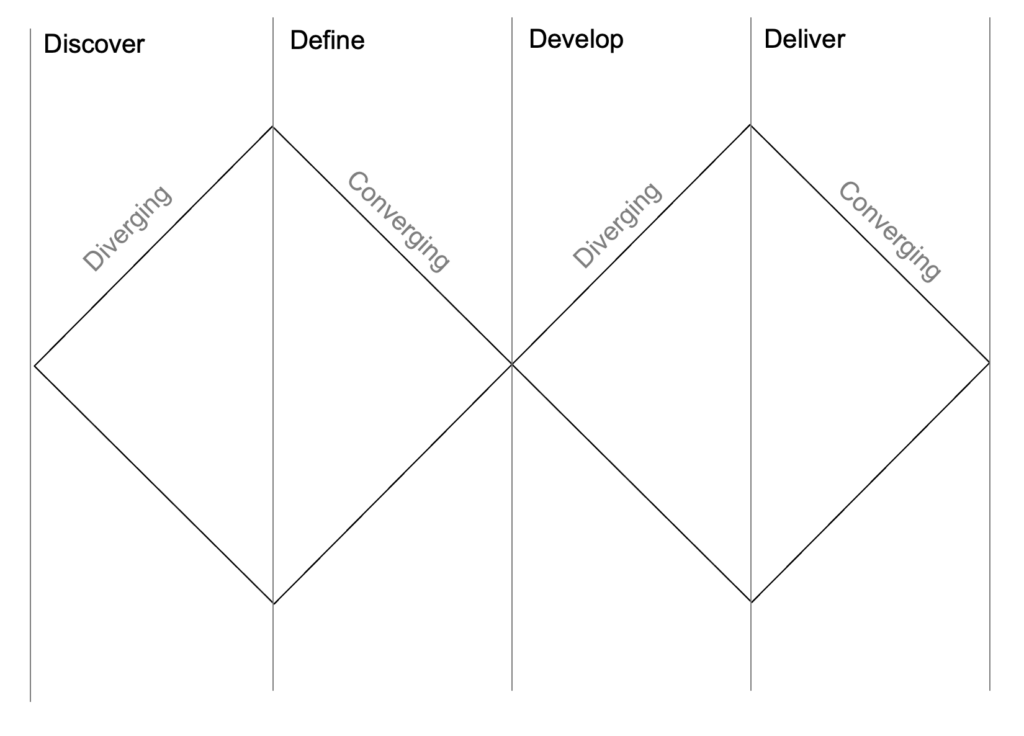
After these phases, a winning team is designated and all teams have the opportunity to apply for funding and continue working on their ideas.
Our Research Hackathon
Based on this definition and methodology, on September 11, 2024 we organized a Research Hackathon focused on the topic of “AI in Higher Education”. The event attracted an interesting mix of researchers, students, faculty and department heads. We started the day with registration and a welcome breakfast, creating a collaborative environment. To encourage inspiration, we had two keynote speakers:
- PD Dr. Markus Christen who shared insights from a student survey about their use and concerns regarding AI, and offered strategic recommendations for integrating AI into higher education.
- Prof. Dr. Sascha Schneider who discussed how perceptions of AI authorship influence learning, highlighting the importance of understanding student perceptions of AI-generated content.
Following the keynotes, participants met with their pre-assigned teams and walked through the various phases of the Research Hackathon presented earlier. Most of the morning focused on the discovery and definition phase. There was also some time allocated to a first development phase. After this, we had a pizza lunch break – as is typical at hackathons – and the participants had time to get to know the other groups better. After this break, the participants worked on the second development phase and the preparation of the presentation. At the end of the day, all groups presented their ideas to a jury consisting of the following experts:
Finally, awards were given to the members of the winning team. All participants were offered the possibility to apply for funding for their projects as members of the community of education.
And here are some impressions of the day:
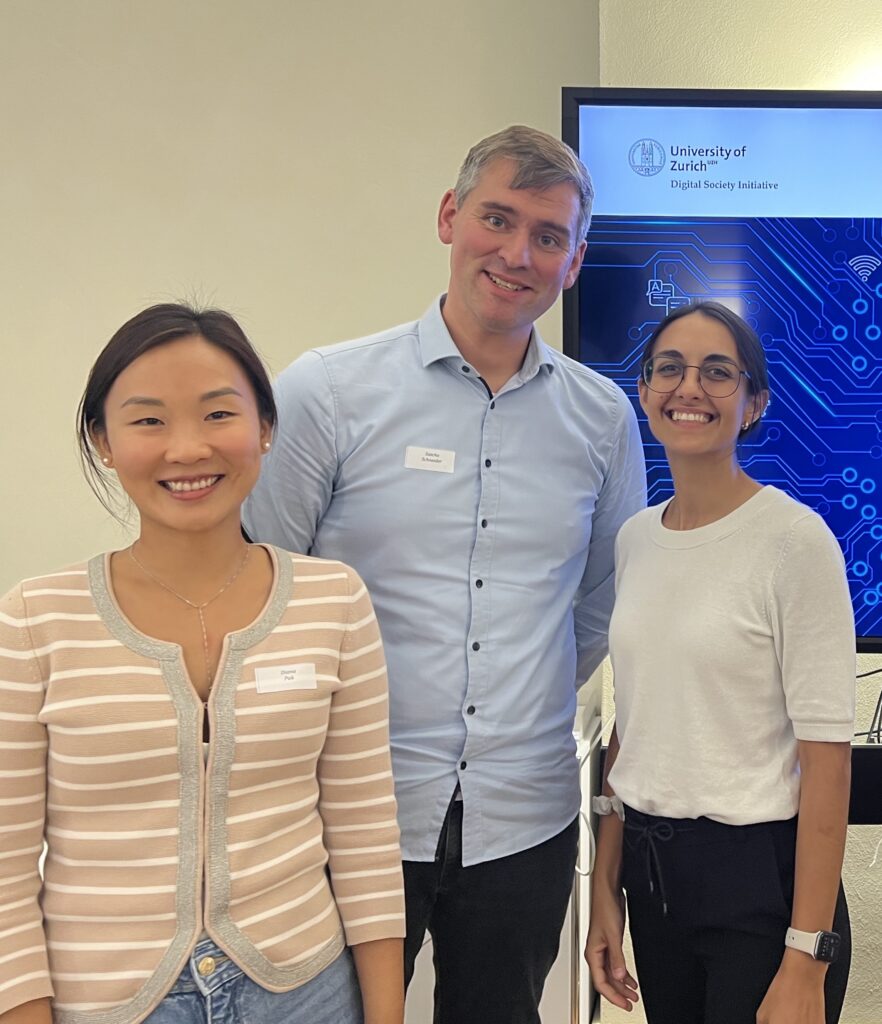
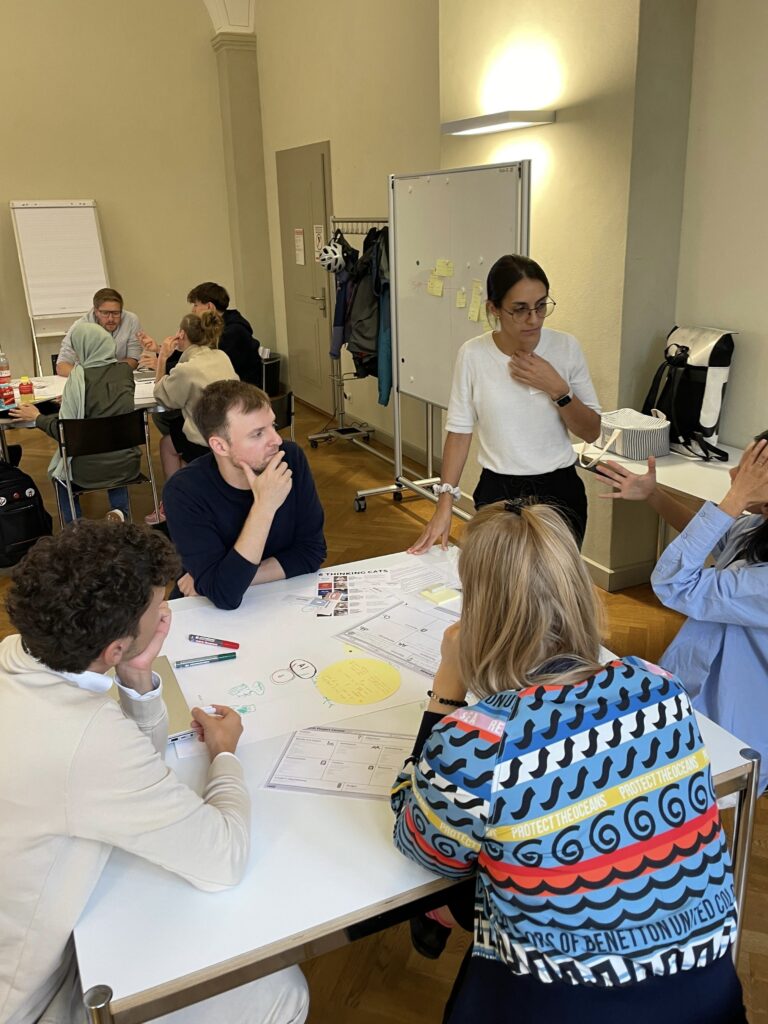
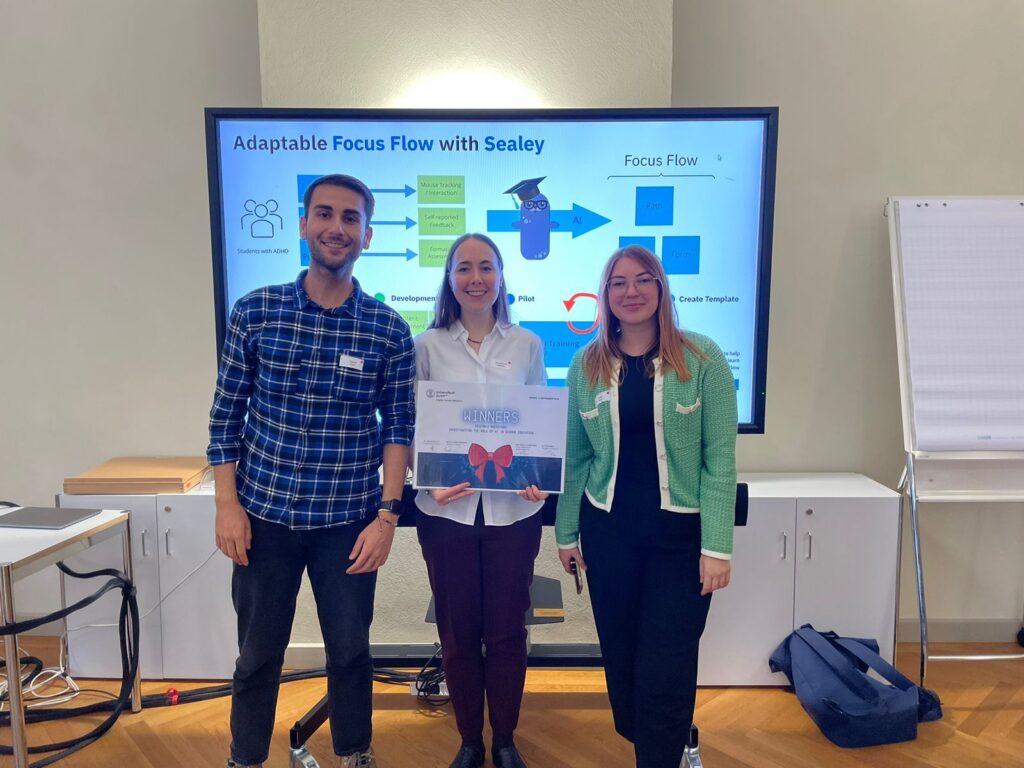
Final Thoughts
After organizing and leading this Research Hackathon, I can say that I am very happy to have dared to organize this event, as well as satisfied with how it went. The Research Hackathon proved to be a great way to bring together people with different profiles and backgrounds to collaborate on thinking about and designing a research proposal. Participants now have the opportunity to develop such research proposals, as well as apply for funding to make them possible. However, whether or not the defined research proposals end up materializing, I know that this was an inspiring event for many people. Although it was the first time such a Research Hackathon was held, it will certainly not be the last.
That said, feel free to contact me if you would like to learn more about the Research Hackathon or are thinking about organizing one!
Have a nice day! 🤗


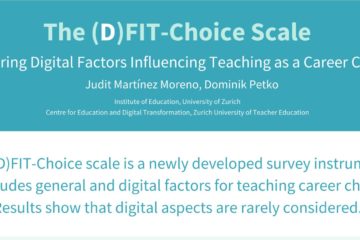
0 Comments